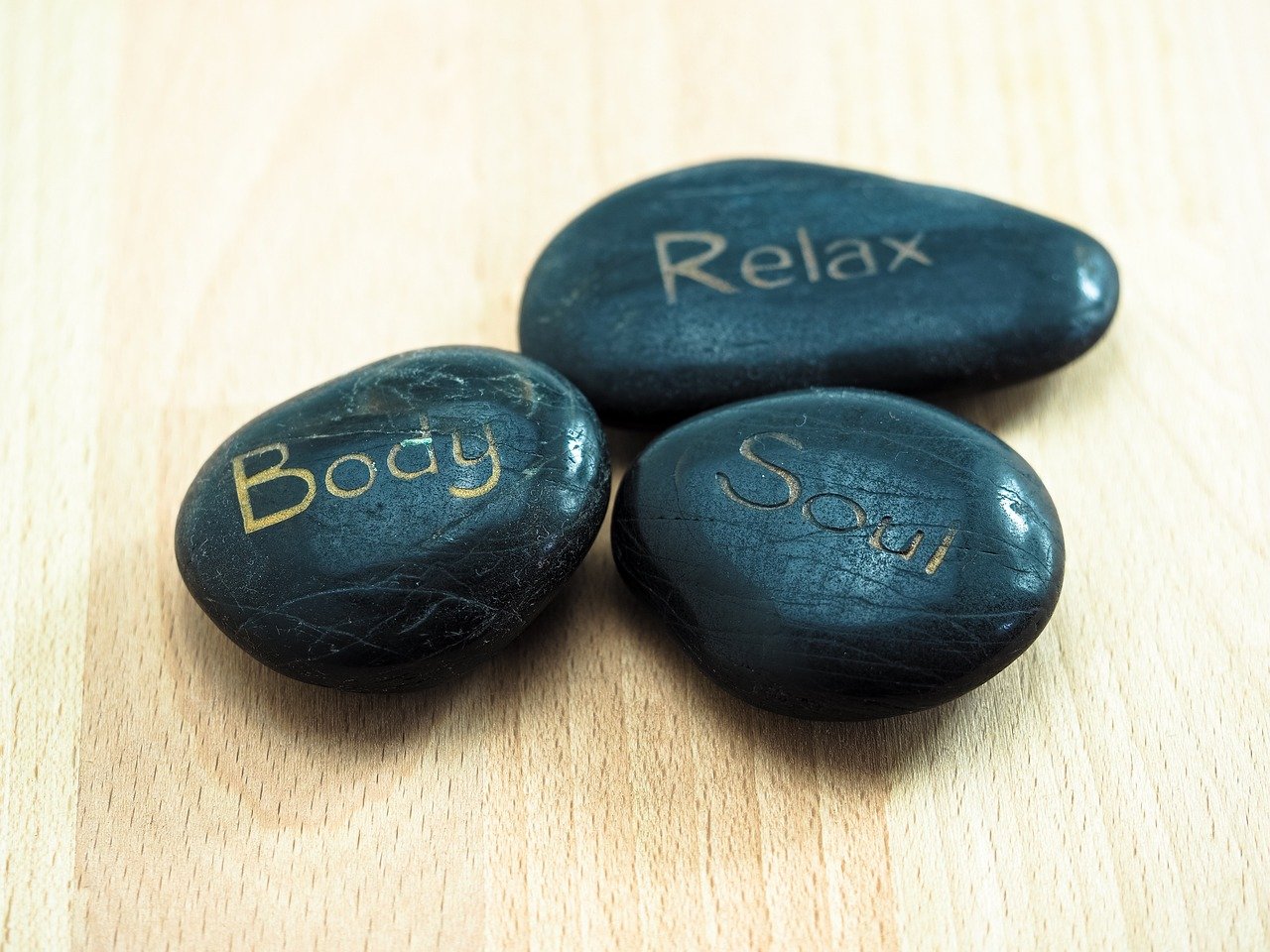How Can We Improve Our Mental Health Naturally?
Whether we are feeling overwhelmed by stress, anxiety, or depression, improving our mental health naturally can have significant benefits. In this article, we will explore various ways to boost our mental well-being without relying on medication or therapy. Let’s dive in together and discover some simple yet effective strategies!
Prioritize Physical Exercise
Physical exercise is not only essential for our physical health but also plays a vital role in improving our mental well-being. Engaging in regular exercise releases endorphins, also known as “feel-good” hormones, which can help reduce symptoms of anxiety and depression. Whether it’s going for a walk, practicing yoga, or hitting the gym, finding an activity that we enjoy can significantly impact our overall mood.
Eat a Balanced Diet
The food we eat not only fuels our bodies but can also influence our mental health. Consuming a balanced diet rich in fruits, vegetables, whole grains, and lean proteins can provide the essential nutrients needed for optimal brain function. Additionally, incorporating foods high in omega-3 fatty acids, such as salmon, walnuts, and flaxseeds, can help support cognitive function and mood regulation.

This image is property of pixabay.com.
Get Sufficient Sleep
Quality sleep is crucial for our mental health, as it allows our bodies and minds to rest and recharge. Lack of sleep can exacerbate feelings of stress, anxiety, and irritability, impacting our overall well-being. Establishing a consistent bedtime routine, creating a sleep-conducive environment, and practicing relaxation techniques can help improve the quality of our sleep and positively impact our mental health.
Practice Mindfulness and Meditation
Mindfulness and meditation practices can be powerful tools for improving our mental health naturally. By focusing on the present moment and cultivating self-awareness, we can learn to manage stress, reduce negative thought patterns, and enhance emotional resilience. Incorporating mindfulness techniques into our daily routine, such as deep breathing exercises or guided meditation, can help us stay grounded and centered amidst life’s challenges.

This image is property of pixabay.com.
Cultivate Healthy Relationships
Strong social connections and supportive relationships are essential for our mental well-being. Spending time with loved ones, sharing our thoughts and feelings, and seeking emotional support can help us feel connected and valued. Building and nurturing healthy relationships can provide a sense of belonging, increase feelings of happiness, and enhance our overall mental health.
Spend Time in Nature
Nature has a profound impact on our mental health, offering peace, tranquility, and a sense of rejuvenation. Spending time outdoors, whether it’s going for a hike, sitting in a park, or gardening, can help reduce stress, improve mood, and enhance mental clarity. Connecting with nature allows us to unplug from the demands of daily life and experience a sense of calm and well-being.

This image is property of pixabay.com.
Limit Screen Time
Excessive screen time, whether from smartphones, computers, or televisions, can negatively affect our mental health. Constant exposure to screens can lead to increased stress, disrupted sleep patterns, and heightened feelings of anxiety. Setting boundaries around screen usage, taking regular breaks, and engaging in screen-free activities can help reduce digital overload and promote mental well-being.
Practice Gratitude and Positive Thinking
Adopting a mindset of gratitude and positive thinking can have a profound impact on our mental health. By focusing on the good in our lives, expressing appreciation for the little things, and reframing negative thoughts into positive ones, we can cultivate a sense of optimism and resilience. Keeping a gratitude journal, practicing affirmations, and engaging in acts of kindness can help shift our mindset towards positivity and promote emotional well-being.
Seek Professional Help When Needed
While incorporating natural strategies for improving mental health can be beneficial, it’s essential to seek professional help when necessary. If we are experiencing persistent feelings of sadness, anxiety, or hopelessness, it’s important to reach out to a mental health professional for support and guidance. Therapy, counseling, or medication may be recommended to address underlying issues and promote healing. Remember, it’s okay to ask for help and prioritize our mental well-being.
In conclusion, improving our mental health naturally is a journey that requires intention, commitment, and self-care. By prioritizing physical exercise, eating a balanced diet, getting sufficient sleep, practicing mindfulness, cultivating healthy relationships, spending time in nature, limiting screen time, practicing gratitude, and seeking professional help when needed, we can enhance our mental well-being and live a more fulfilling life. Let’s embark on this journey together and prioritize our mental health with compassion and care.

